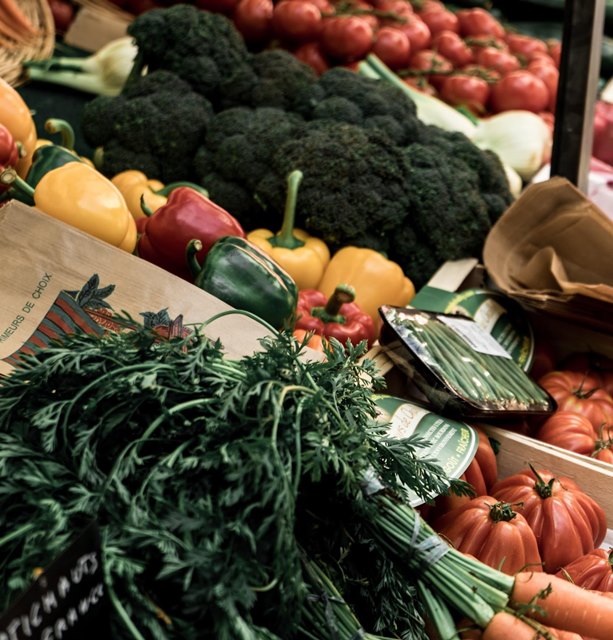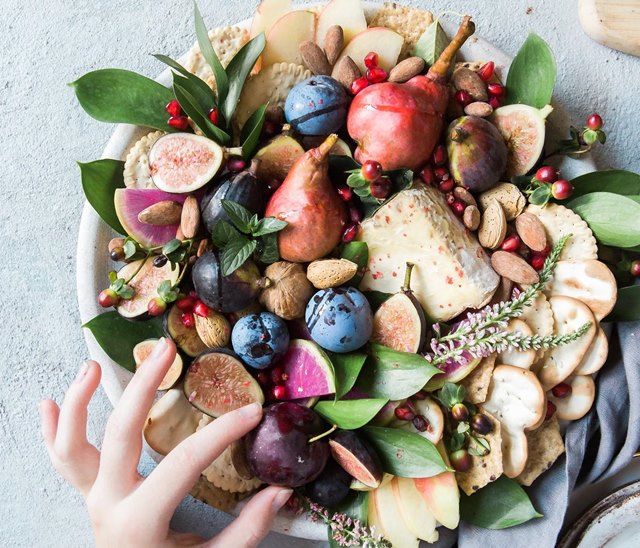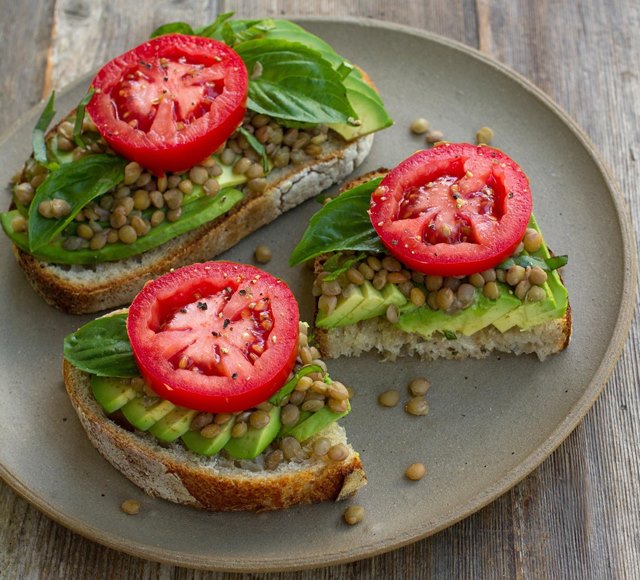A is for… Amino acids
Certainly, lots of people know what protein is. However, not many will know that once supplied with amino acids, our bodies can make protein. Further, plant-based whole foods contain all nine of the amino acids that our bodies cannot make on their own. It’s just about knowing where to obtain them. Certainly, the Association of UK Dietitians has a helpful guide which gives a good starting place. (1)
B is for…Berries and beans for biscuits and bacon
That is to say, if you are starting a plant-based whole food diet, you will be substituting berries and beans for biscuits and bacon. In addition, brown rice for breakfast cereals. So, starting to get an idea…..?
C is for… Chronic diseases
Above all, chronic diseases are now the biggest health threat in the Western world. For instance, they include cancer, heart disease, and diabetes. Most importantly, many researchers have found links between diet and health. Moreover, studies suggest that a plant-based, whole food diet may be effective against chronic diseases, both as prevention and as medicine. (2) (3) (4) (5)

Photo by Artiom Vallat on Unsplash
D is for… Delicious
Certainly, if you’re eating a lot of processed food and sugar, it may take you a while to come around to thinking a plant-based diet is delicious. However, once you have re-trained your taste buds, there are delights awaiting. Firstly, a much more broad flavor palette. Secondly, more freedom to mix and match ingredients. Further, getting up from a meal without feeling bloated and heavy only makes it that much tastier!
E is for… Easy peasy, wholesy mealsy
You may be intimidated by the thought of taking on a whole new way of food shopping, preparing, and cooking. However, it is just about a shift in perspective. Your local supermarket most likely has many whole foods – you just have not seen them as whole foods previously. Moreover, while meal prep may take longer at first, once you learn the ropes, it will take no longer than it did previously.
F is for… Fruits
Dr. Michael Greger is the author of “How Not to Die”, which collects research into the benefits of eating plant-based whole foods. He advises eating fruits daily. However, he puts berries into their own category due to their high antioxidant content. Antioxidants help our bodies fight toxic oxidative stress which may contribute to a whole host of common health issues.
G is for… Genes
Do your parents, grandparents, and other family members suffer from health issues? Do you reckon that this means you are bound to, as well? You might be interested to learn that research suggests that only 10% – 20% of our risk of suffering from chronic diseases is tied to our genes. (6) In other words, while predisposition to certain conditions does have its place, most of it is down to you and your choices.

Photo by Brooke Lark on Unsplash
H is for… Hippocrates
The ancient Greek physician Hippocrates is known as the father of Western medicine. It may surprise you to know he also said: “Let food be thy medicine and medicine be thy food.” That is to say, turning to diet to combat health issues is nothing new – it’s just something we have forgotten.
I is for… Iodine
Don’t you need fish for iodine? Firstly, you may choose to eat more plant-based whole foods but still eat some animal products. A plant-based whole food diet is not the same as vegetarianism or veganism. However, if you do not eat any animal products, you can still rest easy. Iodine can be obtained from sea vegetables. Think seaweed wraps. The current recommendation is one serving of sea vegetables a week.
J is for… Jolly jelly?
Jelly isn’t as jolly as you think. Do you think jelly is vegan or vegetarian and thus, must be fine to eat? While jelly may not contain any animal-based ingredients, there are probably words that you can’t understand on the back of the jar – along with a lot of white sugar. That tends to be a sign of food that has been processed. In other words, it’s gone through many, many stages since its ingredients first emerged from the soil. The number of these stages is vastly reduced if you are eating plant-based whole foods.

Photo by Anna Pelzer on Unsplash
K is for… Killers
According to one estimate, 39% of the population in some parts of America is obese. (7) Moreover, obesity ups risks for chronic diseases and other dangerous conditions like hypertension. Further, the Western diet of processed foods and the Western sedentary way of life contributes to obesity and all the other health issues connected to it. They are real killers. This is why many doctors are looking for other solutions to the health crisis that is now spreading across the world. By the way, researchers also suggest that hypertension is another condition that a plant-based, whole food diet fights effectively. (8)
L is for… Love of life
Love makes the world go around, don’t you know? Currently, many people believe that a plant-based, whole food diet may be the best way to love the world as well as love yourself. In short, to love life. These diets may leave a lower carbon footprint on our planet than a diet-dependent on animal fats. Fewer creatures are slaughtered, even if you still include some animal products in your diet. Further, consider this statistic: Scientists at Harvard suggest that eating more plant-based healthy fats such as nuts, avocado, and vegetable oils lowers your risk of death by 16%. On the other hand, eating more animal fats ups your risk by 21%. (9) If you have love of all life, what do you make of this?
In conclusion, if any of these have been intriguing thoughts for you, how about finishing off the alphabet with your own discoveries, ingredients, and research?
About The Author:
Team Erbology has experts in plant-based nutrition. They are interested in how plant-based, whole foods can act as preventive medicine. They cover a wide variety of plant-based ingredients, ranging from ancients grains to medicinal plants, such as milk thistle, hemp, and sea buckthorn.

![[Infographic] Love & Debt Infographic](https://www.safeandhealthylife.com/wp-content/uploads/2017/03/Infographic.png)